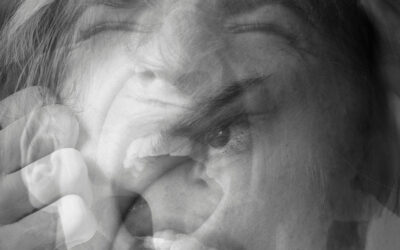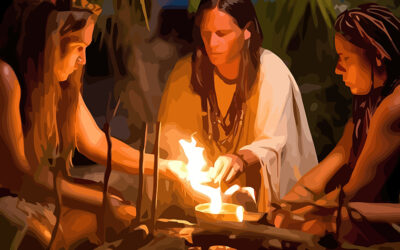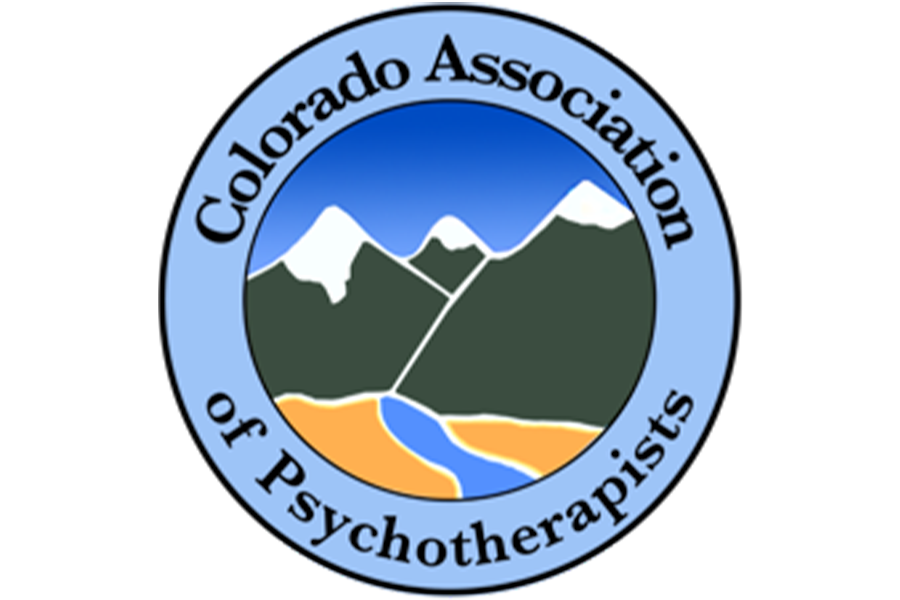Rejection – a word that carries a heavy emotional burden. It’s an experience that most, if not all, of us have encountered at some point in our lives. The agony of feeling rejected can be overwhelming, haunting our dreams, and leaving us with an overwhelming sense of isolation. This powerful emotion can affect us to the core, shaking our self-worth and leading to a cascade of insecurities that impact our life choices. Recent studies have shed light on the deep and interconnected nature of physical and emotional pain, highlighting how rejection, both physical and emotional, activates the same areas of our brain.
However, the good news is that we can heal from the wounds of rejection. In this blog post, we’ll explore the profound impact of rejection on our lives, the interconnectedness of physical and emotional pain, and a powerful tool to help you navigate the journey towards self-acceptance and healing.
The Deep Human Need for Connection
At our core, we are wired for connection. From the moment we are born, we seek a deep and meaningful connection with our parents or caregivers. When this connection is disrupted or severed, we experience the profound pain of rejection. It’s important to recognize that this pain isn’t limited to emotional distress; it also affects us physically.
The Physical and Emotional Pain of Rejection
Recent neuroscience research has revealed that the pain of rejection, whether emotional or physical, activates the same areas of the brain. The brain processes emotional pain similarly to physical pain, leading to the understanding that rejection is not just an emotional hurt but a physical one as well. This revelation highlights the depth of our pain when we feel rejected; it’s not something we simply “get over.”
Embracing Rejection with Love and Compassion
So, how can we begin the process of healing from the pain of rejection? One powerful tool is to acknowledge this pain without judgment and embrace it with love and compassion. This exercise is not about denying the hurt or pretending it doesn’t exist; it’s about facing it head-on with kindness and understanding.
1. Acknowledge the Pain: The first step is to recognize and acknowledge the pain of rejection. It’s okay to feel hurt, disappointed, or even angry. These emotions are a natural response to rejection, and denying them only prolongs the healing process.
2. Practice Self-Compassion: Instead of berating yourself for feeling rejected or dwelling on past experiences, treat yourself with the same compassion you would offer a close friend. Remember that you are not alone in experiencing rejection; it’s a universal human experience.
3. Send a Message of Love: During moments of self-compassion, send a positive message to the part of you that experienced rejection in the past. Reassure yourself that you are worthy and deserving of love and acceptance. This self-love can serve as a healing balm for old wounds.
4. Seek Support: Healing from the pain of rejection can be a challenging journey, and you don’t have to go through it alone. Consider seeking support from Nancy who specializes in helping individuals overcome rejection and its emotional aftermath.
5. Be Gentle with Yourself: Above all, be gentle with yourself throughout this process. Healing takes time, and there may be moments when you revisit old wounds. It’s all part of the journey towards self-acceptance and emotional freedom.
Conclusion
The pain of rejection is a deeply human experience that affects us both emotionally and physically. However, understanding the interconnected nature of this pain and embracing it with love and compassion can set you on a path toward healing. Remember that you are not alone in your struggle, and seeking support from Nancy can be immensely beneficial.
As you embark on this journey of healing, be kind to yourself, acknowledge your pain without judgment, and send messages of love to the wounded parts of your psyche. Through these practices, you can begin to mend the wounds of rejection and cultivate a profound sense of self-acceptance and inner peace. Rejection may have left scars, but it doesn’t have to define your worth or limit your capacity for love, connection and fulfilling relationships.




0 Comments